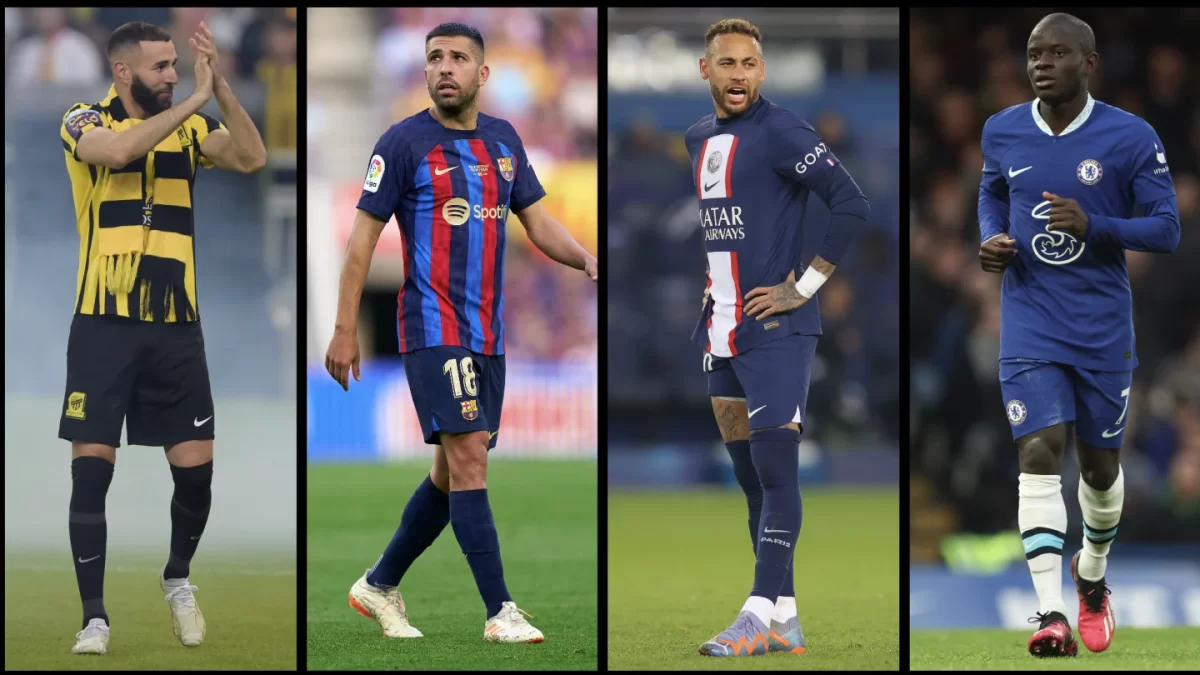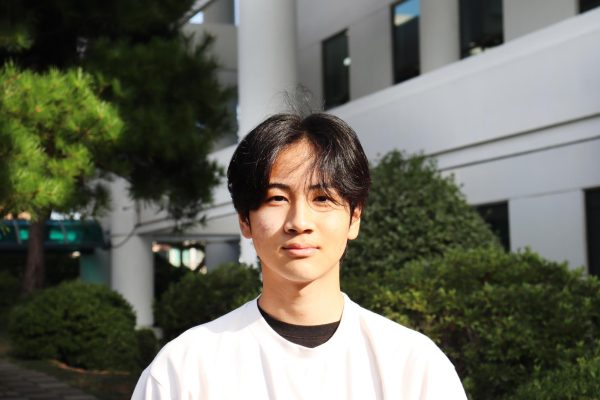Since 2021, Saudi Arabia has spent over $6.5 billion in their soccer industry. With their tremendous wealth, Saudi Arabian sports teams and leagues can supercharge player contracts, paying well over twice or triple the amount of money players would receive elsewhere, giving players significant monetary incentives to move to Saudi Arabia. This has led many soccer fans to argue that the Arab nation has been ruining the value of sports; yet, Arabian wealth is improving the international sports industry.
Sports has not only been a form of entertainment but also a field where individuals can be applauded for their athletic prowess. Despite many sports players being paid millions of dollars each year, the high salary is not regarded as the main significance of participating in sports. Rather, aspects like legacy, honor, and talent can be seen prioritized by many influential players; Luka Modrić, Kylian Mbappé, and Bernardo Silva all chose to remain in their clubs despite the millions of dollars offered by Saudi-side clubs, prioritizing club legacy over money. Korean footballer Son Heung-min also turned down rumors about his Saudi transfer by stating that he did not prioritise money over his legacy in the English Premier League.
Yet this trend is changing. Just last month, Neymar Júnior broke the record for the most lucrative deal when Saudi Arabian soccer club Al Hilal offered to pay him $400 million per year. Since Cristiano Ronaldo’s $215 million contract that he signed this year, over 20 world-class players like Karim Benzema and Andres Iniesta have followed his path. Currently, four of the top five most-paid soccer players play in the Saudi Pro League.
Arabian money continues to influence soccer outside of Arabia; EPL teams Manchester City, Newcastle United F.C., and Aston Villa F.C. are all funded by Arabian organizations, which is the main reason why they could sign major contracts with world-class talents such as Erling Haaland and Sandro Tonali. Former Prime Minister of Qatar, Sheikh Jassim bin Hamad Al-Thani, also submitted a $6 billion dollar bid for Manchester United just earlier this year.
The trend extends to other sports as well. A recent conflict between the PGA Tour and LIV Golf, a golf tour owned by the Public Investment Fund, was precipitated when the PGA banned all players who joined LIV Golf from their championships. However, because many influential players left the PGA to join LIV Golf, the PGA repealed their ban and decided to merge with the Saudi-funded championship. Many influential golf players such as Phil Mickelson, Dustin Johnson, and Tiger Woods were all offered millions of dollars, which was why many players joined the league.
Yet, despite the overall negative views toward Saudi Arabian sports, Saudi Arabian wealth is improving the international sports industry. By attracting world-class players and coaches and infusing their talents together, Saudia Arabian wealth can be used to increase competition. For example, Steven Gerrard, a Liverpool FC legend with multiple titles, was appointed as Al-Ettifaq’s new coach, providing him with a new challenge in his coaching career following his perfect player career in Europe.
Also, competition breeds innovation. Although the heavy usage of money in Arabian sports does raise questions regarding hyper-commercialization and fair competition, the introduction of Arabian wealth in sports inevitably increases competition between teams and players and forces innovation to happen within sports. For instance, the PGA Tour now guarantees $500,000 dollars to each player who makes it to the championship through the Korn Ferry Tour, which was in response to the huge monetary incentives within LIV Golf.
Arabia nations’ ability to instantly ‘purchase’ players also means that clubs like Paris Saint-Germain can not continue to rely on one player, such as Kylian Mbappé. Before the rise of Saudi Arabian sports, no club had even dared to raise a bid for Mbappé, knowing that he was impossible to purchase. Yet, after Al-Hilal’s historic $1.1 billion bid, clubs are forced to strategize and diversify their pool of players instead of being dependent on one.
Additionally, Arabian sports are also improving the quality of sports. The wealth available in Saudi Arabia enables the development of sports infrastructure like stadiums and training centers. This infrastructure improvement not only benefits individual players but also encourages other clubs to match Arabia’s standards.
Overall, the Arabian riches have positively impacted the global sports industry. Rather than blame Arabs for ruining sports, it should rather be seen as a global trend; in the current 2023-’24 season, the Premier League was reported as the highest-spending league in the world with over $2.6 billion dollars spent on player investments, compared with the $9.2 million dollars of the Saudi Pro League.


